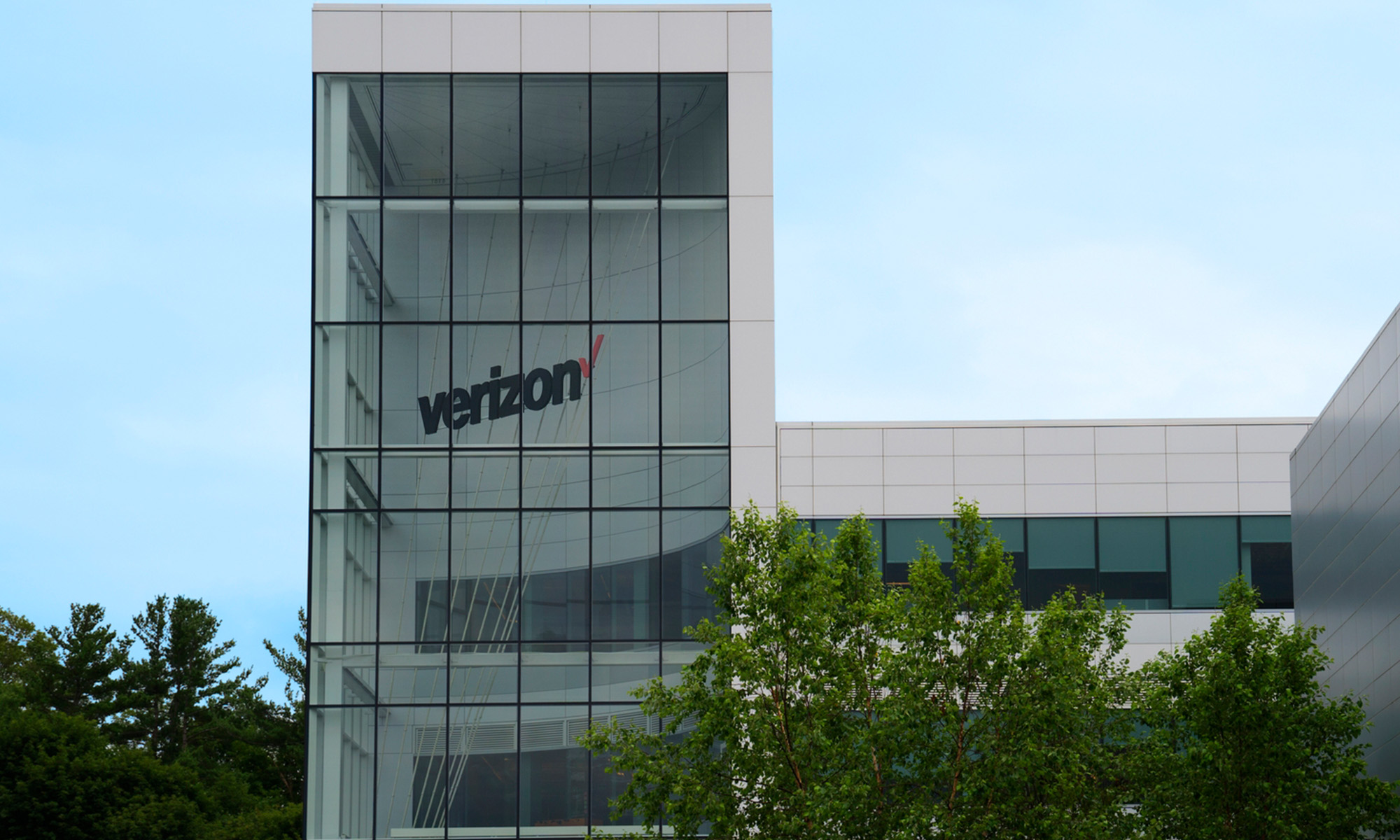Verizon (VZ +1.00%) is an outlier in the Dow Jones Industrial Average. Its nearly 7% yield is by far the highest in the 30-stock index, where the average is 1.7% (Chevron is the next highest at 4.3%).
A high dividend yield can be a sign of trouble, often indicating a high risk of a future dividend reduction. Here's a look at whether Verizon is a good stock to buy for dividend income.

Image source: Verizon.
Analyzing Verizon's financials
Verizon recently reported its third-quarter financial results, giving investors an updated look at the numbers backing its dividend. The telecom company generated $33.8 billion in revenue during the period, a 1.5% increase from last year. Meanwhile, the company's adjusted earnings grew 1.7% to $1.21 per share.
So far this year, Verizon has generated $28 billion in cash flow from operations, a nearly 6% increase over last year. After investing $12.3 billion in capital expenditures to maintain and expand its networks, it produced $15.8 billion in free cash flow -- $1.3 billion more than last year and more than enough to cover its $8.6 billion in dividend payments to date.

NYSE: VZ
Key Data Points
Verizon has been using the surplus cash it produces after paying dividends to strengthen its balance sheet. Its leverage ratio has fallen from 2.5 times last year to 2.2x at the end of the second quarter. That's within the company's target leverage range ahead of its planned $20 billion acquisition of Frontier Communications. That low leverage ratio backs Verizon's solid investment-grade bond ratings (A-/Baa1/BBB+).
Verizon's strong cash flows and rock-solid balance sheet suggest its high-yielding dividend is on a sustainable footing.
A look at what's ahead for Verizon
While Verizon is delivering decent financial results, it's not happy with this performance, especially given its low stock price, which is why it has such a high dividend yield. The company recently appointed Dan Schulman as its CEO to reinvigorate growth. The former PayPal CEO outlined his bold plans during the third-quarter conference call.
Schulman stated, "Our plan will not be about incremental change. We intend to aggressively transform the culture and financial profile of our company operating under the principles of being bold, customer-centric, and executing with financial discipline with a focus on shareholder value." The company plans to invest significantly in marketing and enhancing the customer experience. It intends to fund those investments by aggressively cutting costs. One way the company intends to achieve its strategy is by leveraging the power of AI.
The company expects these actions to accelerate its earnings growth, allowing it to generate even more free cash flow. It anticipates producing higher free cash flow next year, even as it works through the integration of the Frontier acquisition. That deal is another crucial component of its growth strategy. Verizon plans to focus on cross-selling mobile and broadband services to more customers. The Frontier deal will enhance its fiber network and expand its customer base, enabling it to provide more customers with both services. This strategy should improve its profit margins while strengthening its customer bond.
One thing Schulman made clear is that Verizon's dividend will remain a core part of its value proposition to shareholders, stating that the company has "an ironclad commitment to our dividend." It recently reaffirmed that commitment by increasing its payout for the 19th straight year. Verizon also plans to continue repaying debt following the Frontier deal and eventually start returning more cash to investors beyond the dividend through value-enhancing share repurchases.
Verizon remains a rock-solid income stock
Verizon generates plenty of cash to fund its high-yielding dividend. Meanwhile, the company's new CEO has a plan to reinvigorate growth, positioning it to produce even more excess cash in the future. With strong financial metrics and an ironclad commitment to the dividend, Verizon is an ideal stock to buy for dividend income.








